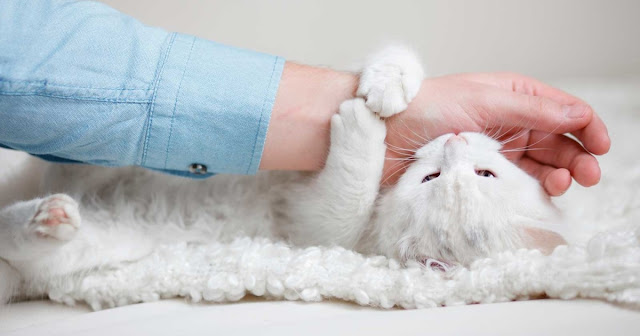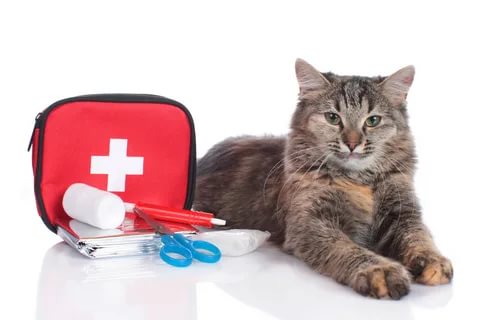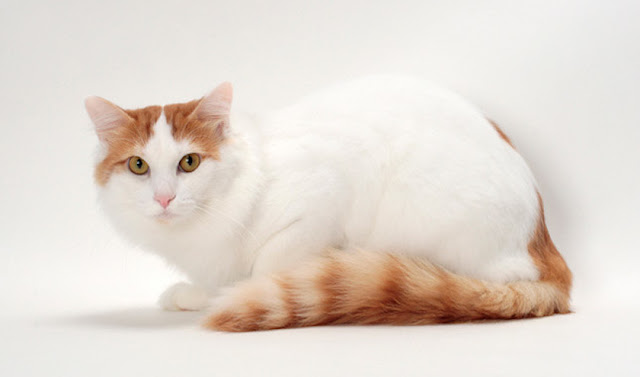There are a few essential sorts of hostility based gnawing and scratching practices in cats, and some of them are detectable to conduct they gained from their proprietors or communications with their proprietors. Little cats figure out how to nibble and scratch as a typical piece of improvement, and if not prepared early, won't realize when utilizing their hooks and teeth isn't fitting.
Your Hands Are Not Toys
One of the principal rules for human friends is: don't show your feline that hands are toys. This is a conduct that you should create and address when they are youthful cats. On the off chance that you overlook this guidance, those little paws and teeth will before long develop into well honed "meat snares," and you'll bear the scars. Try not to utilize your hands as toys and unpleasant house with them as they won't almost certainly hurt you when they are cats, however once completely created they will figure they can in any case play this path regardless of having bigger and more grounded jaws and paws. Hands ought to just be utilized for petting and conveying. It ought to be set up early that any "mouthing" is difficult to you, in any event, when it may not be excruciating. Whenever this is set up, you should coordinate energetic conduct onto different items.
For what reason Do Cats Bite and Scratch?
Forceful gnawing frequently occurs during a petting meeting, when the human buddy either doesn't comprehend or disregards the feline's non-verbal communication. While a few cats love to be petted for quite a long time, now and again a feline becomes overstimulated for some explanation and need to quit the petting meeting, however don't have the foggiest idea how to disclose to you when to stop.
An irritated feline signals its sentiments with limited eyes and ears pulled back. In the event that you hang tight for the inescapable tail lashing, you've stood by excessively long, and you might be compensated with a chomp. The standard here is to watch the feline's signs and stop whatever you're doing to forestall a heightening. When you understand what your feline's triggers are for hostility you can restrict these communications or forestall them altogether. For certain cats the trigger might be petting them on the stomach, petting them for a really long time, or being too ruff when petting them close to the foundation of the tail. Realize what your feline appreciates and doesn't and take cues from them when petting them.
Odd Cat Outside
Your feline may get furious about seeing an unusual feline through a window and respond by assaulting the principal thing it finds in the prompt area—possibly you or another feline—an exemplary instance of diverted hostility. This sort of conduct will require innovative intuition on your part.
To begin with, eliminate your feline to a space where it can't see the abnormal feline. Then, console your feline; invest additional energy cautiously petting and playing with it. Give your feline additional treats when it's ready to connect serenely. In outrageous cases, your veterinarian may endorse drug to help your feline feel less restless. In the event that you realize who claims the feline, you may likewise amenably ask your neighbors, to keep the creature inside to forestall the scenes of diverted animosity.
Clinical Causes
At the point when new and uncommon conduct issues emerge in your feline, including forceful gnawing and scratching, it very well may be an indication of a hidden ailment. Clinical influences range from undetected injuries, to trouble from bugs or bugs, to a hormonal lopsidedness, for example, hyperthyroidism.1
On the off chance that a generally easygoing feline displays unexpected and unexplained forcefulness toward you, particularly when being taken care of, a visit to your veterinarian is all together. They will probably search for causes of agony or uneasiness just as suggesting bloodwork.
Hyperesthesia
Hyperesthesia is an uncommon condition that is a found in explosions of overstated and redundant prepping or forceful conduct in certain cats. This condition first appears in quite a while around a year old and is common among Siamese, Burmese, and Abyssinian cats. Among the indications of hyperesthesia are unreasonable preparing and self-mutilation, unexplained and unexpected hostility, and in outrageous cases, seizures.2
In spite of the fact that there's some discussion about what causes it, a few veterinarians accept hyperesthesia is a neurological condition like fits of anxiety in people, a few specialists accept the assaults are set off by pressure, and others partner it's anything but a kind of seizure disorder.3 In any occasion, a feline with abrupt forceful conduct, (for example, gnawing) who encounters seizures ought to get a neurological test from a veterinarian or a veterinary trained professional.
To forestall or stop scenes of hyperesthesia whenever they've begun, dropping a towel or cover over the feline can help contain it or disturb it. In certain examples, your vet may recommend antianxiety or antiseizure prescription to help check the seizures and different practices.
The most effective method to Stop Biting and Scratching
Some of the time if a feline is in the propensity for gnawing and scratching, it's hard to prepare it out of this conduct. It will require some investment, yet you can show your feline that you don't really want to be the objective of its assaults, regardless of whether the feline perspectives it as recess.
There are a couple of things you can do to separate yourself from play assaults by your feline:
Trim its paws. Paw managing ought to be done routinely at any rate to hold cats' hooks back from getting ingrown. There's no need at any point to declaw a feline due to scratching conduct, however keeping those paws managed can make the maverick assault less agonizing for the beneficiary.






Post a Comment